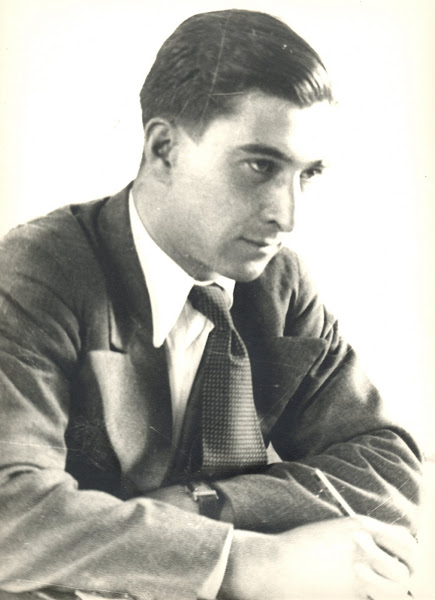
A RONDA DA NOITE - 1642
Mudança de turno da companhia do Capitão Frans Cocq.
Obrigado ao WebMuseum.
Local para colocar as minhas ideias, e trocá-las com outros, sobre os mais variados assuntos.
A Biblioteca de Babel é uma colecção de literatura fantástica dirigida por Jorge Luis Borges. Foi editada por Franco Maria Ricci. Jorge Luís Borges seleccionou e prefaciou as trinta obras incluídas nesta colecção.
Gustav Meyer, que alterou o seu apelido para Meyrink, nasceu em Viena em 1868. Morreu em Starnberg, na Baviera, em 1932. A sua obra mais famosa foi Der Golem. Der Cardinal Napellus inclui mais dois contos, J. H. Obereit Besuch bei den Zeitengeln e Die vier Mondbruder.
Na introdução, Borges diz que Meyrink acreditava que o reino dos mortos penetrava no mundo dos vivos e que o nosso mundo visível era incessantemente invadido pelo outro mundo, invisível.
.jpg)
